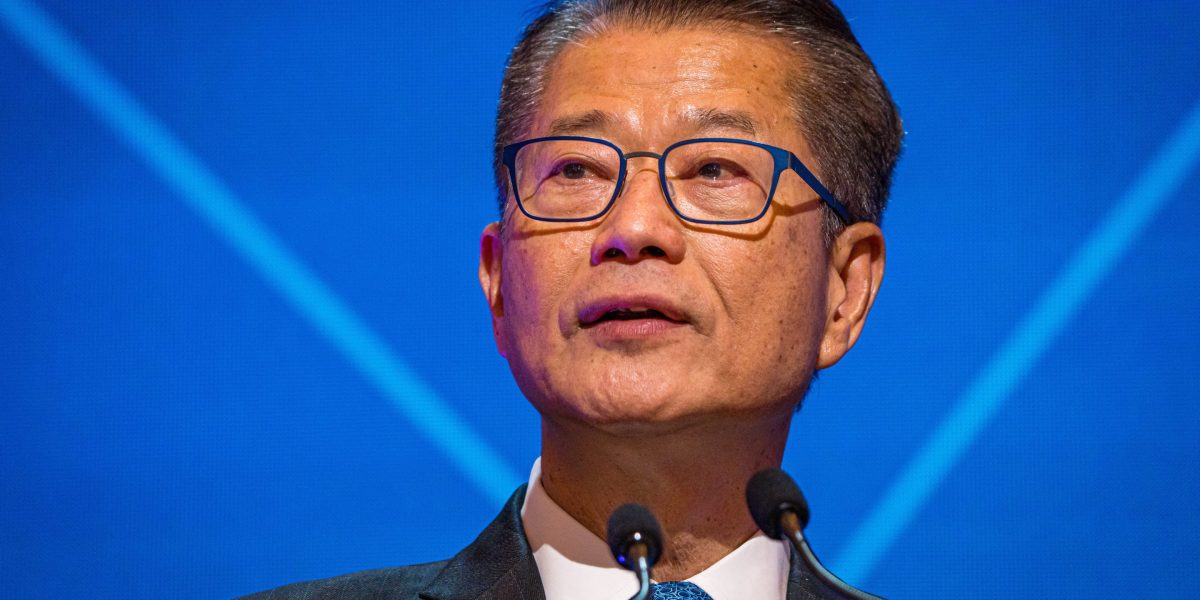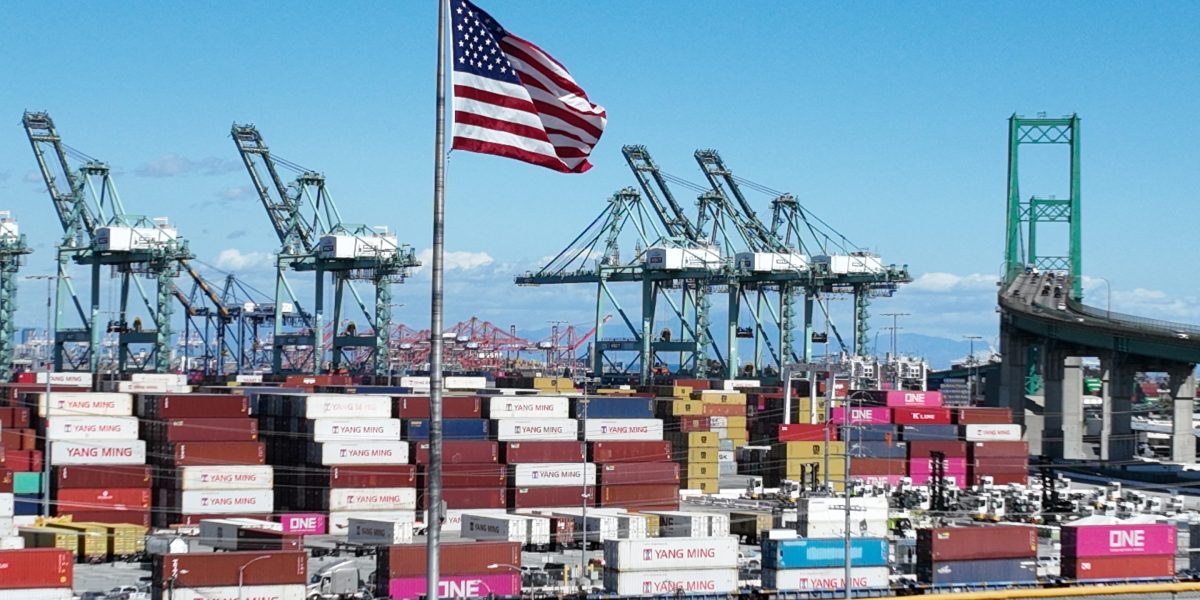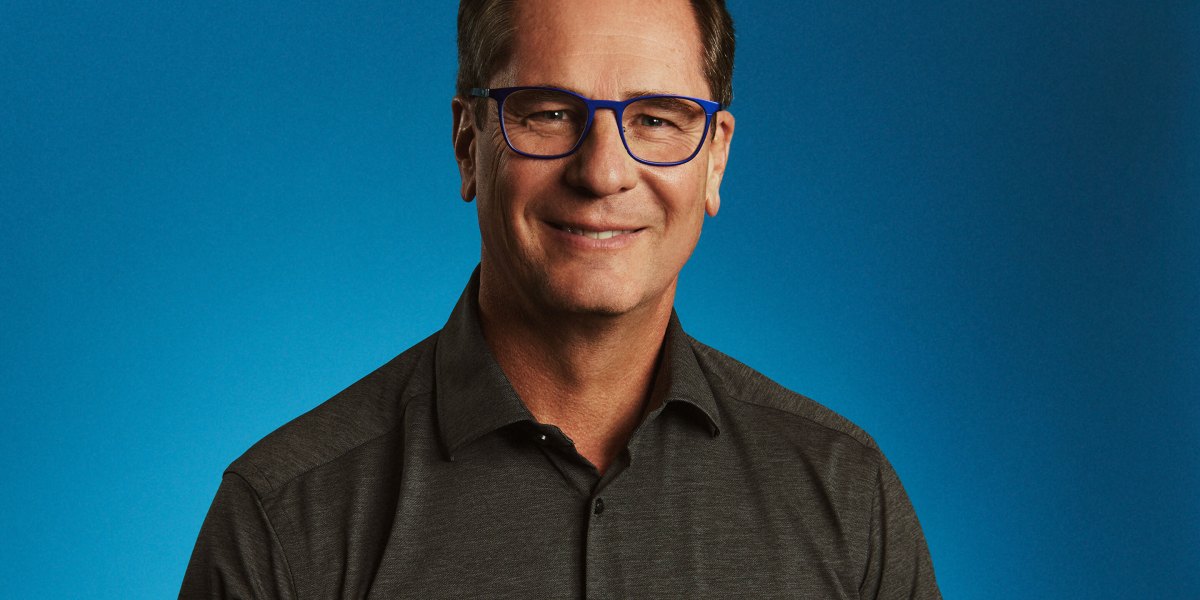President Donald Trump imposed sweeping tariffs on dozens of countries this week and that will result in significant price shocks to U.S. consumers, economists and analysts say. Everything from clothes to iPhones to homes to cars could be impacted—not to mention retirement accounts as result of a meltdown in the stock market. (Scroll down to see the list).
The Yale Budget Lab estimates that the average U.S. household will pay $3,800 more annually as a result of levies announced this week and earlier in the year, which include a 10% universal tariff along with specific additional tariffs for 60 countries that face higher rates under an unusual formula. These come in addition to earlier tariffs placed on Canada, China, Mexico, automobiles, and steel and aluminum tariffs. The U.S. economy at large could lose $100 billion to $180 billion annually.
The right-leaning Tax Foundation says the tariffs are the largest tax increase on Americans consumers since the 1980s. “You can view it as a tax on consumers,” said Ashish Shah, chief investment officer of public investing at Goldman Sachs, at a media event Thursday. Consumers are “going to bear the cost of higher goods.”
It’s too soon to know exactly how the tariffs, which are taxes on goods imported from other countries, will affect prices, or even what the final rates will end up being. Trump has left the door open to negotiations. But here are some financial analysts and economists predictions for price increases as things stand now.
1. Groceries
The high price of eggs was a salient issue during the presidential election, and Trump said he would bring down prices on day one of his presidency. With the announced tariffs, not only will prices not drop, but the cost of many other perishable groceries will likely increase before the end of the month, experts say. Around 15% of the U.S.’s overall food supply is imported, according to the Food and Drug Administration.
Prices for produce like avocados, bananas, grapes, and melons are all expected to rise, as are the prices for items including beef, cheese, chocolate, coffee, olive oil, seafood, and more. Fresh produce is expected to see a higher increase, according to the Yale Budget Lab.
2. Cars
Even without Trump’s tariffs, car prices have spiraled so high as to be unaffordable for many. The average price for a new car hit $49,500 in Q1 2025, according to CarGurus. Meanwhile, new vehicles priced under $30,000 accounted for just 13% of inventory, compared to 37% in Q1 2020.
With tariffs, the average list price could increase by over $3,300 to approximately $52,800, according to a CarGurus analysis. Meanwhile, the share of listings priced under $30,000 would decline even more, while vehicles priced above $50,000 would increase by 15%. The Yale Budget Lab puts the average expected increase even higher, at $4,000.
“I couldn’t care less if they raise prices, because people are going to start buying American cars,” Trump told NBC News’ Kristen Welker last week.
Even used cars aren’t immune. The tariffs will likely increase repair costs, because many components are sourced from other countries.
3. Homes
Homes, already historically expensive and priced out of reach for many buyers, would rise dramatically under universal tariffs—builders estimate the average home cost could increase by $9,200, according to the March 2025 National Association of Home Builders (NAHB)/Wells Fargo Housing Market Index.
That’s because many of the supplies used to build homes are imported from other countries. For example, the U.S. imported 11.8 billion board feet of softwood lumber from Canada in 2024, which is a primary component in home building, according to the NAHB.
NAHB also notes that the cost of many other components of homes, including appliances, will increase. “NAHB estimates that approximately 7.3% of all goods used in new residential construction originated from a foreign nation in 2024.”
While Trump has said the goal is for companies to produce more goods and items domestically, experts say doing so will take years—if not decades. And there are many items that the U.S. simply cannot get or produce domestically, like all of that Canadian lumber.
“NAHB has urged the president to reconsider his directive to impose tariffs on Canadian, Mexican and Chinese goods, given the long lead time and significant production capacity needed to create additional domestic supply,” the organization says.
4. Clothing
The tariffs “disproportionately affect clothing and textiles, with apparel prices rising 17% under all tariffs,” according to the Yale Budget Lab.
Leather products and apparel are expected to increase 18.3% and 16.9%, respectively, overall, according to the Yale Budget Lab.
5. Alcohol
Booze prices are likely to increase since the U.S. imports large amounts of wine from countries in the European Union, Australia and New Zealand. It also imports beer from Canada, Mexico and Europe.
As with other items in the list, the scope of the price increases will depend on the producers, what country they are being imported from, and how much of the cost increase they pass onto U.S. consumers. This includes at restaurants and bars—consumers’ nights out just got more expensive.
6. iPhones and other technology
Apple produces most iPhones in China, according to Wedbush analyst Dan Ives. The “reciprocal” tariff placed on the country will send the cost sky-rocketing by as much as 43%, according to analysts. Other Apple products—including iPads, Apple Watches, and Airpods—will face similar increases.
Apple isn’t the only tech company that will be hard hit. Most rely on products from countries like Taiwan, Vietnam, and China. Those countries have been hit with tariffs of 32%, 34%, and 46%, respectively.
Tariffs won’t affect everyone equally
Experts say low-income families will feel the cost of the increases more acutely than other socioeconomic groups, as the price of basics like food and clothing rise.
“Tariffs burden households at the bottom of the income ladder more than those at the top as a share of income,” Yale’s Budget Lab notes.
Historically, tariffs have resulted in higher prices and reduced quantities of goods and services for business and consumers, according to the Tax Foundation. That has resulted in lower income, reduced employment, and lower economic output in the past.
This story was originally featured on Fortune.com
Source link


 Entertainment8 years ago
Entertainment8 years ago
 Politics8 years ago
Politics8 years ago
 Entertainment8 years ago
Entertainment8 years ago
 Entertainment8 years ago
Entertainment8 years ago
 Tech8 years ago
Tech8 years ago
 Tech8 years ago
Tech8 years ago
 Tech8 years ago
Tech8 years ago
 Politics8 years ago
Politics8 years ago






